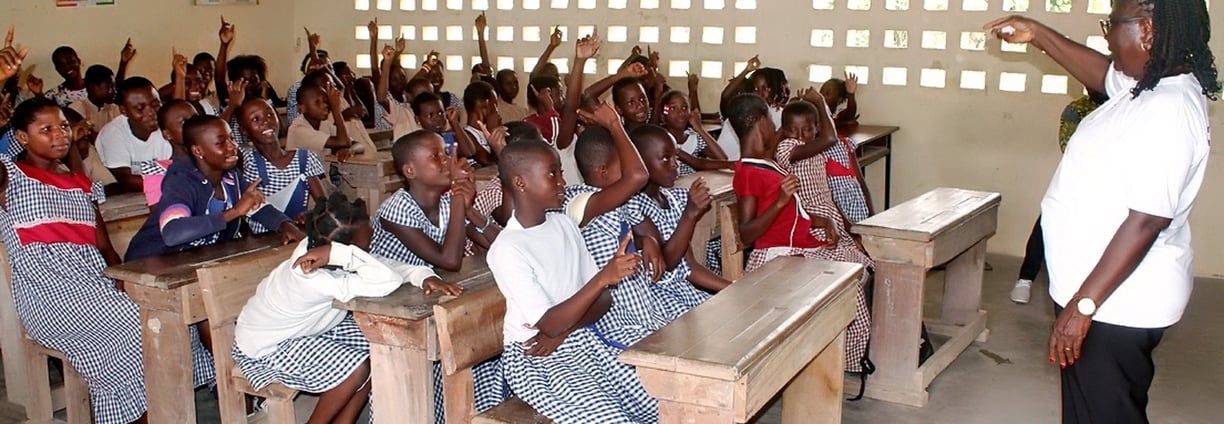Board Members
Marie-Pierre Arrachi Adou
Born and raised in Côte d’Ivoire, Marie-Pierre completed her primary and secondary education in her home country before moving to the Netherlands in 2006. With a natural affinity for numbers and a deep sense of compassion, she has always felt called to help those in need. Together with Stefano, she co-founded BleuGrys to formalize a lifetime of commitment to community and education.
Stefano Haver
Stefano is co-founded BleuGrys alongside Marie-Pierre. Stefano lives in the Netherlands and has a full time job in the financial sector working with investment funds; he is committed to support the growth of BleuGrys leveraging his expertise and promoting the foundation with donors.
Our partner KANIEN Cooperative
KANIEN is represented by Mrs. Anoua Amah, retired “permanente education teacher”. The Cooperative is funded 30 years ago and counts 33 members. The women work together in cooperatives, where they work on plantations and sell their products to support their families and communities.


Why our work in Côte d’Ivoire matters
In the rural villages of Côte d’Ivoire, life can be incredibly challenging. There are few opportunities, limited access to healthcare, and little to do. Families rely heavily on the land for survival, depending on good weather and basic farming to sustain themselves. Economic growth and trade are almost non-existent.
Children often drop out of school—sometimes even before finishing primary education—to help their parents in the fields or at home. For young girls, early pregnancy is one of the biggest barriers to personal growth, cutting their future short before it even begins. Boys, on the other hand, tend to mirror the behavior of adults around them, without access to proper guidance.
This reality traps entire generations in a cycle of poverty. With limited access to resources, children are left with few choices—working on the land or marrying early.
Although some dream of a better life in the cities, very few succeed. The city can be unforgiving, especially for children without skills, education, or support. It’s estimated that only a few of those who leave rural communities actually manage to build a better life. But those few who do succeed often give back—sharing knowledge, financial support, and new networks that can uplift their original communities in powerful ways.
That's were we come in...
Our foundation is committed to breaking this cycle by creating simple, sustainable ways to support educational development—both during and beyond primary school—for children who show promise.
We focus on using what’s already there: the strength of the local school systems and the power of community, especially through women’s associations. By building on what works, learning from experience, and avoiding what doesn’t, we aim to create a growing network of change across communities.
We believe that lifting even a few children out of poverty can have a ripple effect—one that inspires lasting progress and hope for generations to come.
About us
Join our mission to empower children in rural Côte d’Ivoire by strengthening their motivation to stay in school and providing essential sexual education.
